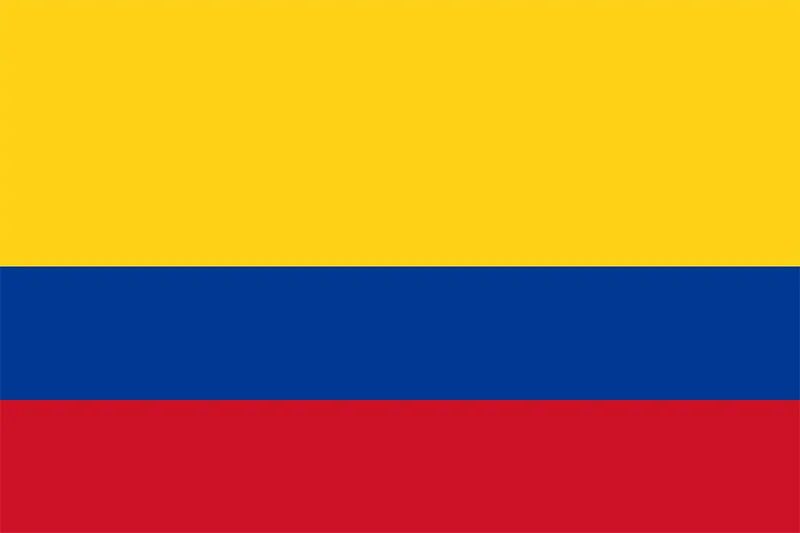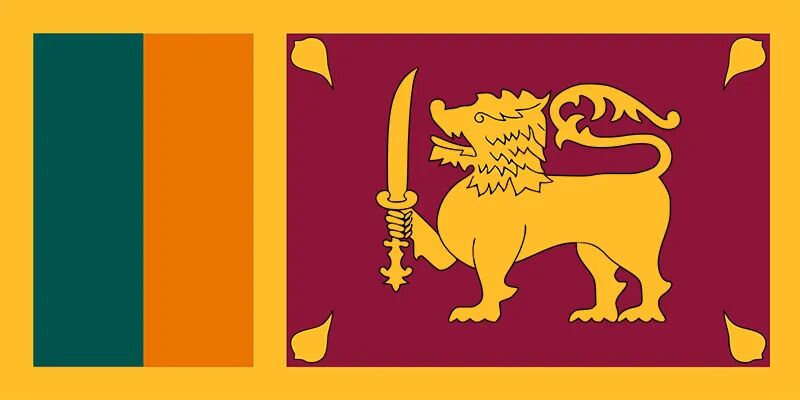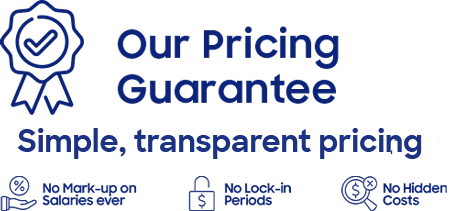Pandemic Travel Guide: Preparing for your business trip to PH and other outsourcing hubs
Known for one of the longest lockdowns in the world, the Philippines last year eased its border restrictions to foreign travelers, allowing them to visit its lush landscapes and experience its vibrant culture.
The country remains an attractive destination for companies in need of cost-effective solutions due to its strong infrastructure, reliable services, and skilled talent pool.
So, if you’re planning a business trip, perhaps to visit your team in Manila or see first-hand how outsourcing works, here are the government’s updated policies.
Who is allowed to enter the Philippines?
The Philippines reopened its borders to foreign nationals from non-visa and visa-required countries beginning February 2022.
Fully vaccinated individuals are exempted from presenting a pre-departure swab test, as of October 2022.
A person is considered fully vaccinated when they’ve received the second dose in a two-dose series or a single-dose vaccine more than 14 days before the date of departure from the country of origin.
Unvaccinated or partially vaccinated foreign nationals aged 15 and above must present a laboratory-based rapid antigen negative test result. You may also take a laboratory-based rapid antigen test upon arrival in the Philippines.
Any inbound traveler who tests positive for COVID-19 through a rapid antigen test must be subjected to the latest quarantine protocol, according to the health department.
All asymptomatic and fully vaccinated confirmed COVID-19 cases must isolate for at least seven days from sample collection date, while patients who are asymptomatic and partially vaccinated or unvaccinated must isolate for at least 10 days from sample collection date.
Before your flight
Prior to your trip, ensure your passport is valid for at least six months at the time of arrival in the Philippines. Fill out the eArrival card at least three days before your flight to get a QR Code, which Philippine immigration authorities will require.
Travelers from visa-required countries must secure a valid visa or apply for a temporary visitor’s visa at a Philippine Foreign Service Post in their country of origin.
Non-visa-required countries include Australia, Japan, New Zealand, Singapore, the United States, the United Kingdom, and over 150 more countries.
Upon arrival
Upon arrival, you will need to scan the eArrival QR code and have your passport and travel documents validated by immigration authorities. You will also need to present your vaccination card to the Bureau of Quarantine for validation.
The Philippines no longer requires foreign travelers to undergo quarantine upon arrival but advises them to self-monitor for any COVID-19 symptoms for seven days.
If a traveler exhibits COVID symptoms, they must report to their hotel or accommodation for proper coordination with the local government. For a detailed list of requirements per local government, check out the Philippine tourism agency’s website.
Face mask requirement
Upon arrival, you will need to scan the eArrival QR code and have your passport and travel documents validated by immigration authorities. You will also need to present your vaccination card to the Bureau of Quarantine for validation.
The Philippines no longer requires foreign travelers to undergo quarantine upon arrival but advises them to self-monitor for any COVID-19 symptoms for seven days.
If a traveler exhibits COVID symptoms, they must report to their hotel or accommodation for proper coordination with the local government. For a detailed list of requirements per local government, check out the Philippine tourism agency’s website.
Planning a trip elsewhere?
If you’re planning to visit other emerging outsourcing hubs such as Colombia, Sri Lanka, and North Macedonia, read further to know their respective governments’ COVID-19 travel policies.
Colombia
Foreign nationals who wish to visit Colombia must provide proof of complete vaccination or a negative pre-departure COVID-19 test issued no later than 72 hours prior to boarding.
If a traveler completed their vaccination scheme within 14 days before entry, they would also need to undergo a pre-departure COVID-19 test.
Foreign nationals must prepare their original vaccination card or digital certificate at the airline check-in and when passing through Colombian Immigration.
They must also complete Colombia’s online immigration form within 72 hours before the flight. As with other nations, ensure your passport is valid for at least six months from your arrival date.
Colombia no longer requires face masks in open spaces. In towns with a record of vaccination coverage greater than 70 percent, it’s also not needed in closed spaces– except in healthcare facilities, nursing homes, and all modes of transport.
For updates and more details on Colombia’s COVID-19 regulations, visit the official website of the Ministry of Health and check official guidelines from key cities Barranquilla, Bogota, Cartagena, Medellin, and Santa Marta.
Sri Lanka
As of December 2022, Sri Lanka does not require foreign travelers to present a vaccination certificate upon arrival. It also does not require them to undergo pre-departure testing for COVID-19.
All visitors, aside those from Singapore, Maldives, and Seychelles, must apply for an Electronic Travel Authorization. Foreign travelers must fill up an online arrival card three days before their flight.
Fully vaccinated foreign nationals are advised to keep their vaccination card with them in the event they need to produce it.
If a foreign traveler tests positive for COVID-19 after arriving in Sri Lanka, they must isolate for seven days in a hospital, hotel, or place of residence. Foreign nationals will shoulder the cost of treatment/isolation.
Sri Lanka has lifted its COVID-19 restrictions, but foreign travelers are recommended to adhere to public health measures such as wearing of face mask and social distancing if they have any flu-like symptoms or if they are in a public gathering in a poorly ventilated environment.
North Macedonia
Foreign nationals, regardless of vaccination status, can enter North Macedonia’s borders without presenting negative pre-departure test results as of April 2022. The government also lifted its 7-day quarantine period for inbound travelers.
Fully vaccinated foreign travelers are urged to bring their jab certificate in paper or digital format in case they need to present it in establishments.
Before your trip, ensure that your passport and other documents required for entry must be valid for at least 90 days from the arrival date. For details on North Macedonia’s visa requirements, visit its Ministry of Foreign Affairs’ website.
If you are asymptomatic and tested positive for COVID-19 after your arrival in North Macedonia, you must self-quarantine for seven days from the day of testing. If you tested positive and are experiencing symptoms, you must self-isolate for seven days from the day of testing, with three more consecutive days if you have no fever.
You are exempt from the self-isolation policies if you are fully vaccinated and not more than six months have passed since the last dose or have contracted COVID-19 within 6 months.
The agency also published a list of phone numbers for public health centers throughout the country that offer assistance for those who test positive for the coronavirus.
For updates and more details on North Macedonia’s COVID-19 travel policies, visit the Ministry of Health’s website.
















